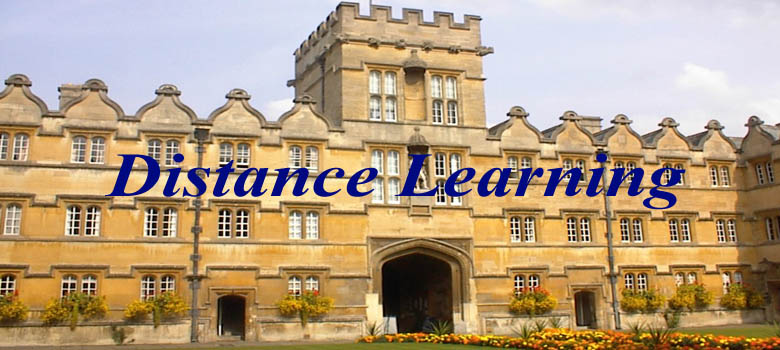So, you've decided you want a career in real estate. First off, congratulations on deciding that helping people buy or sell real estate is what you want to do with your life. There aren't too many greater feelings in the world to experience than the joy you get from watching a family buy their first home.
Secondly, do you know what you're getting yourself into? You can't just decide haphazardly that you want to be a real estate agent. It just doesn't work like that. Careers in real estate aren't handed out to those saying they want to be a real estate agent. No, in order to become a real estate agent and purse a career in real estate you will first need to complete the obligatory training and then pass a subsequent real estate exam.
Depending on the country you live in you will be required to put in a certain number of hours in real estate training classes. Every state or province has their own requirements so its up to you to put in the research to find out what a career in real estate entails in terms of classwork. You will come to find that you're probably going to be taking about 75-100 hours worth of real estate courses that will teach you everything there is to know, from how to list residential real estate to learning how to utilize the MLS.
Once you've finished all your real estate training courses you will be tested on the material you studied to determine how prepared you are to become a real estate agent. You can't look at real estate training as some sort of joke that you don't take seriously and then expect to pass. There's nothing funny about real estate exams so you better be prepared for them. That means showing up to all your real estate training courses, taking notes, asking questions, completing assignments and then studying. If you want to really prepare yourself for the real estate exam you can also talk to current real estate agents or professors to ask them questions about training and licensing in Ontario. You'll find that they'll be more than happy to help you out.
The required passing grade will be based on the province or state you're taking the exam in but you usually need around a score of around 70 to 75% to pass and you have two more chances to take it if you fail the first time. Good luck!
| 